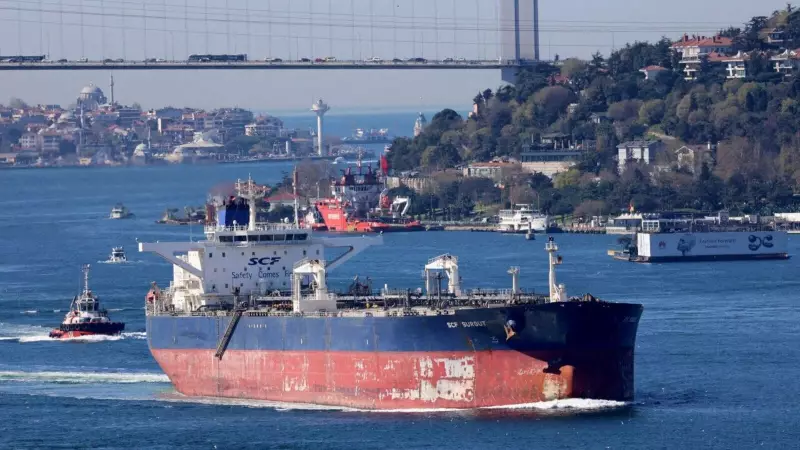
The global oil market appears to be sleepwalking into a potential crisis as new G7 sanctions targeting Russia's shadow oil fleet are set to take effect. Unlike previous measures that markets largely shrugged off, these sanctions could fundamentally reshape how Russian oil reaches global markets.
Why These Sanctions Are Different
Previous sanctions focused on price caps and direct restrictions, but the latest measures strike at the very infrastructure that keeps Russian oil flowing. The key targets include:
- The shadow fleet: Hundreds of aging tankers operating outside Western oversight
- Maritime insurance: The financial backbone enabling these operations
- Service providers: Companies facilitating the transportation ecosystem
The Insurance Time Bomb
"The market is dangerously complacent about what's coming," warns energy analyst Helena Kahn. "When these sanctions hit, we could see immediate disruptions affecting 1-2 million barrels per day of Russian crude exports."
The most significant threat comes from targeting the insurance and reinsurance markets that protect these shadow operations. Without proper coverage, many vessels simply won't sail, creating immediate supply chain bottlenecks.
Global Impact Beyond Russia
While aimed at Moscow, the ripple effects will be felt worldwide:
- Oil price volatility: Potential spikes as markets adjust to new supply realities
- Shipping costs: Increased freight rates for all crude shipments
- Asian markets: Major importers like India and China face supply chain reassessments
- Global inflation: Higher energy costs could pressure central bank policies
Market Reality Check
Current oil prices suggest traders aren't pricing in significant disruption risk. However, industry insiders note that the complex web of shipping, insurance, and financial services supporting Russian oil exports is more vulnerable than markets recognize.
"This isn't just about Russian oil," explains maritime trade expert Dr. Arjun Patel. "When you disrupt global shipping patterns and insurance markets, every energy importer feels the impact. The complacency we're seeing could evaporate overnight when tankers start getting denied coverage."
The coming weeks will test whether these sanctions represent another symbolic gesture or a genuine turning point in the economic pressure on Russia's energy sector.





